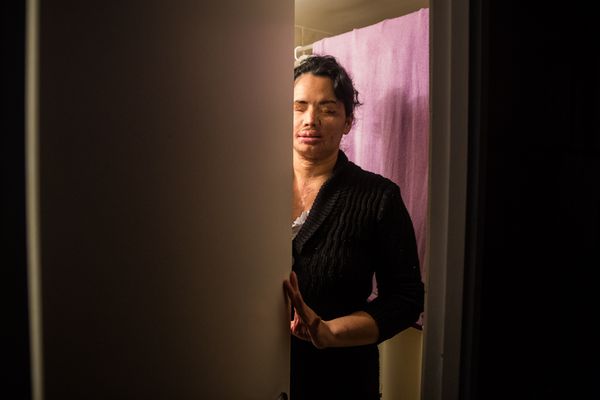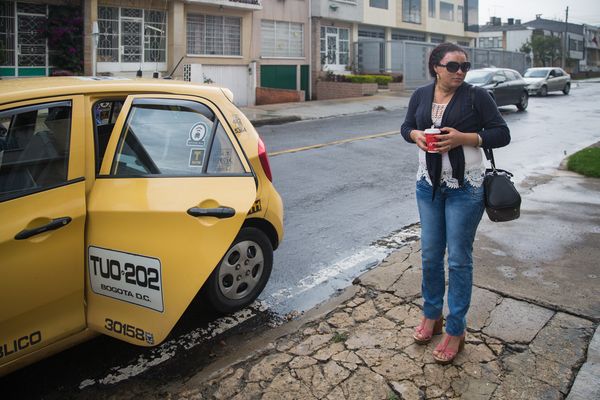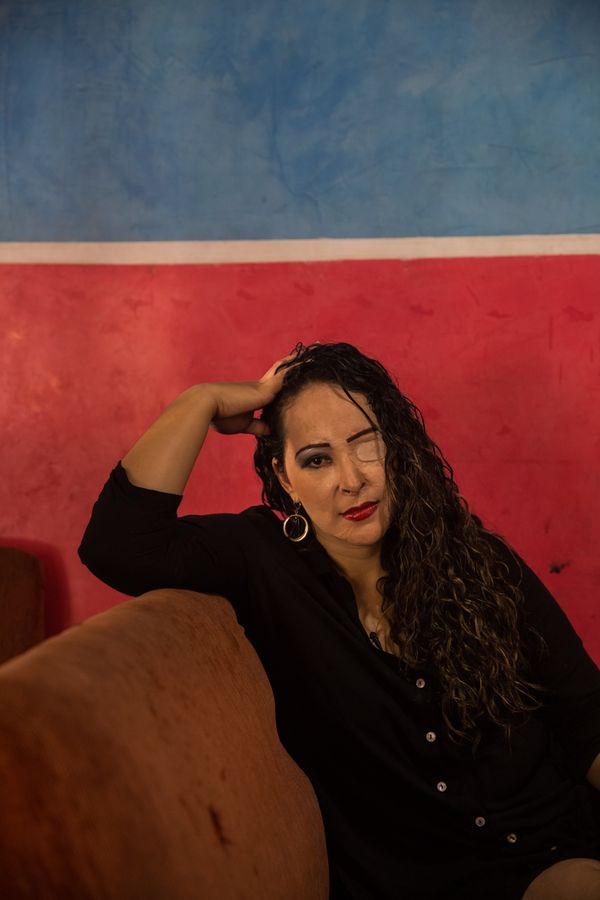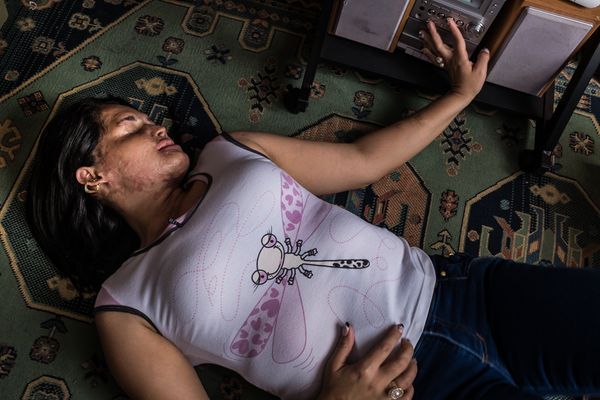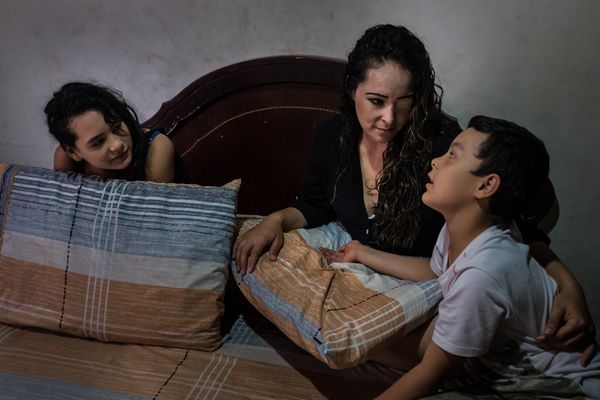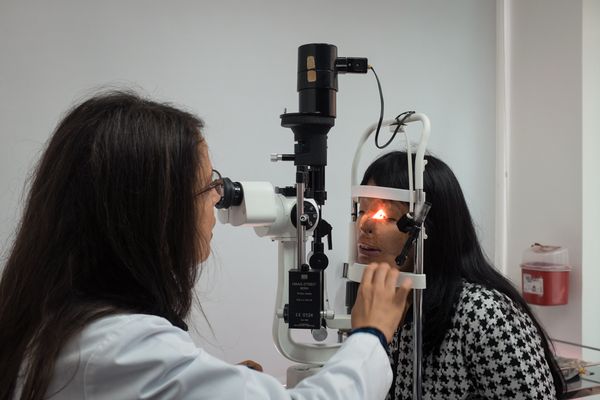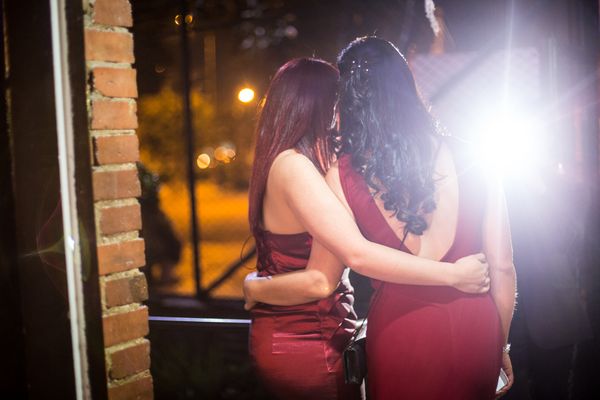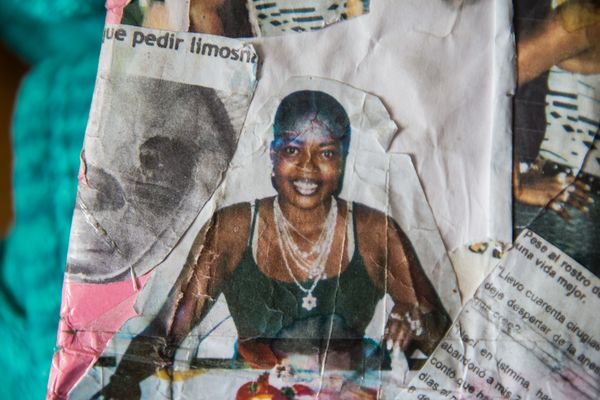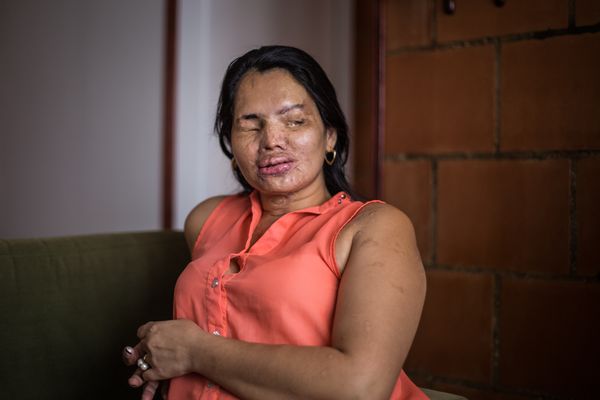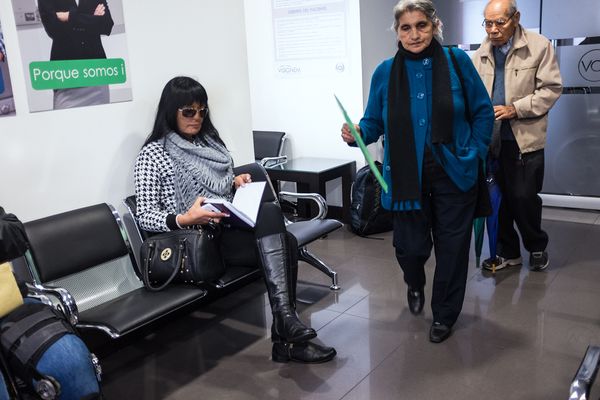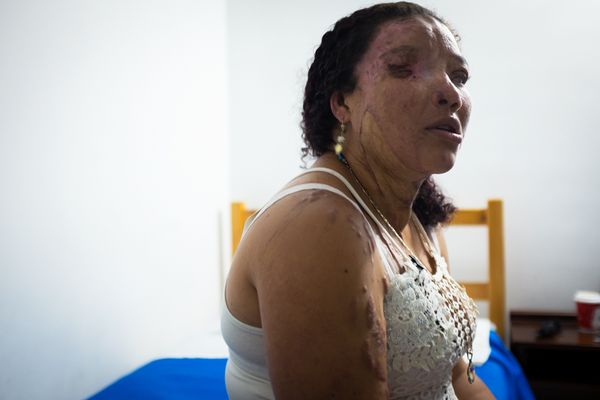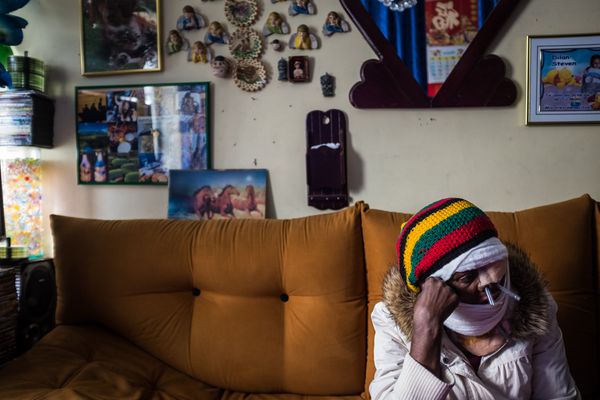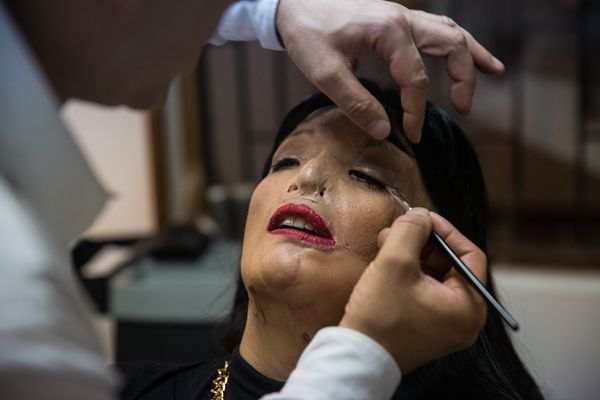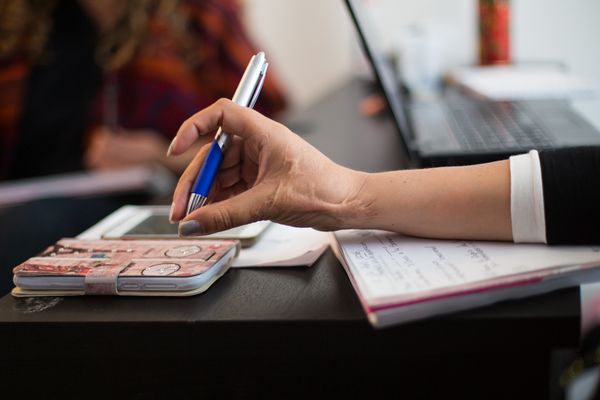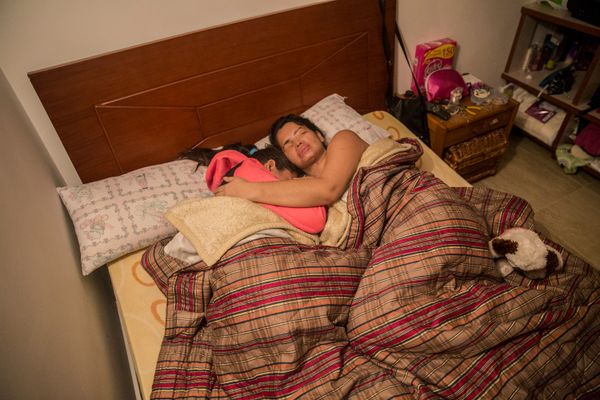Facing Up: Acid Attacks in Colombia
-
Dates2016 - Ongoing
-
Author
- Topics Social Issues, Contemporary Issues, Documentary
- Location Colombia, Colombia
-
Recognition
According to The Legal Medicine Institute, in Colombia, more than 1000 attacks have been recorded in the last decade. Acid-attack survivors in Colombia are predominantly women, assaulted by jealous partners, resentful neighbors or even at random.
Violence against women and girls is a silent crime in our society; it’s both a cause and consequence of gender inequality; a means of social control that maintains unequal power relations between women and men and reinforces women’s subordinate status. Acid attacks are one form of violence that has life-changing consequences for the victim.
Attacks using acid and other corrosive substances have been reported as a new modality of violence that affects thousands of victims; the truth is that women have been suffering from these attacks for many years.
Commonly associated with south Asian countries and communities, this crime is not limited by geography. According to The Legal Medicine Institute, in Colombia, more than 1000 attacks have been recorded in the last decade - by far the highest in the continent - but this is not reported by mainstream media, and the voices of the victims are somewhat forgotten.
Acid-attack survivors in Colombia are predominantly women, attacked by jealous partners, resentful neighbors or even at random. Until recently, attacks were treated as cases of domestic violence carrying shorter sentences and few convictions have been made. A new law passed in 2016 by Colombia’s President aims to ensure that those convicted of carrying out acid attacks will serve between 12 and 50 years in prison, depending on the severity of the wounds.
‘Facing Up: Acid Attacks In Colombia’ sets out to document the lives of women survivors of acid attacks in Colombia. This project offers an intimate view into the complexity of the issues these survivors are dealing with and the life-changing consequences that these attacks have brought on them: from undergoing painful and extensive surgery while juggling a family and work, to living in perpetual fear, to women fighting to bring their attackers to justice, but all of them struggling to find their place in society following the attacks.
